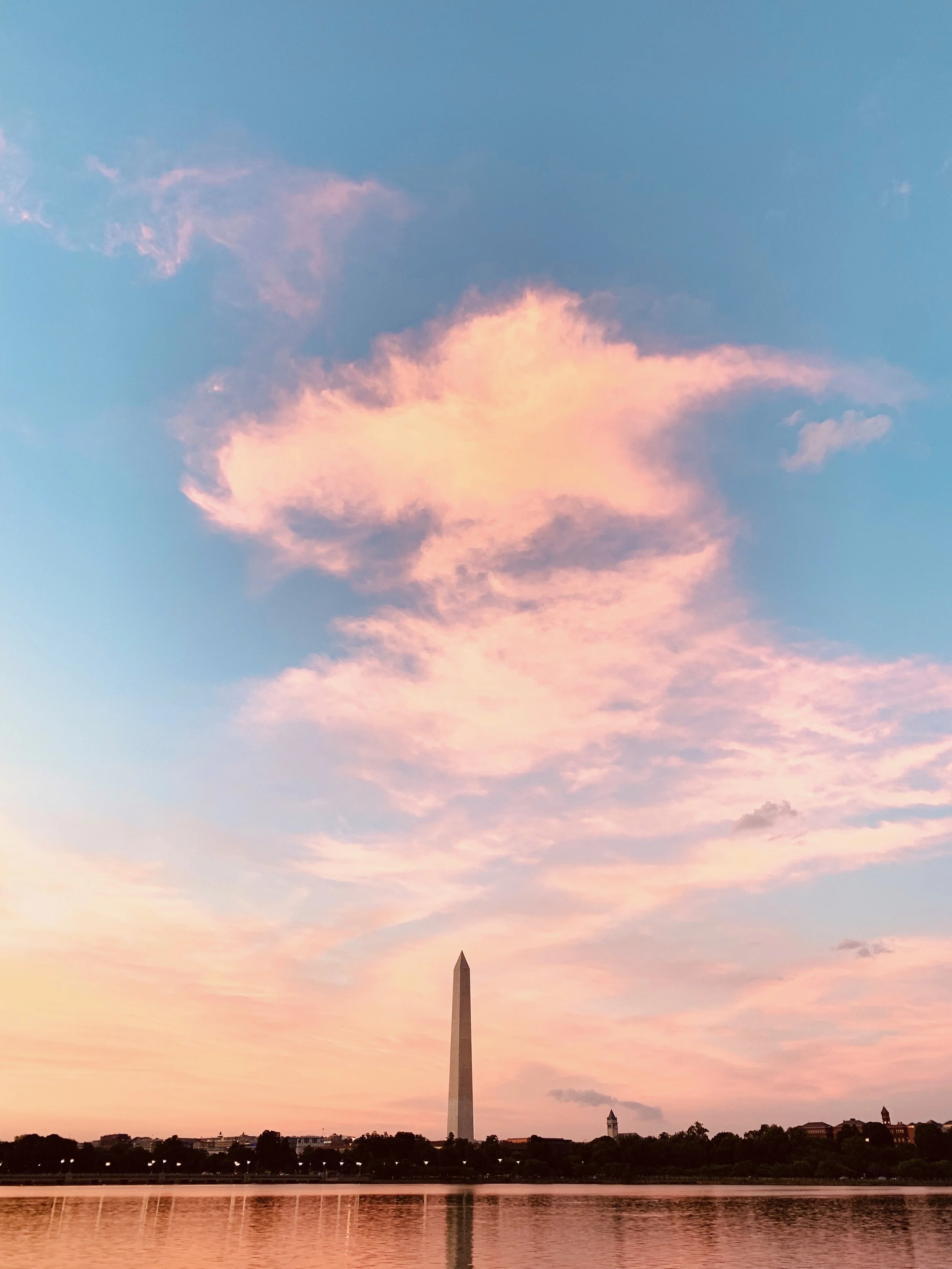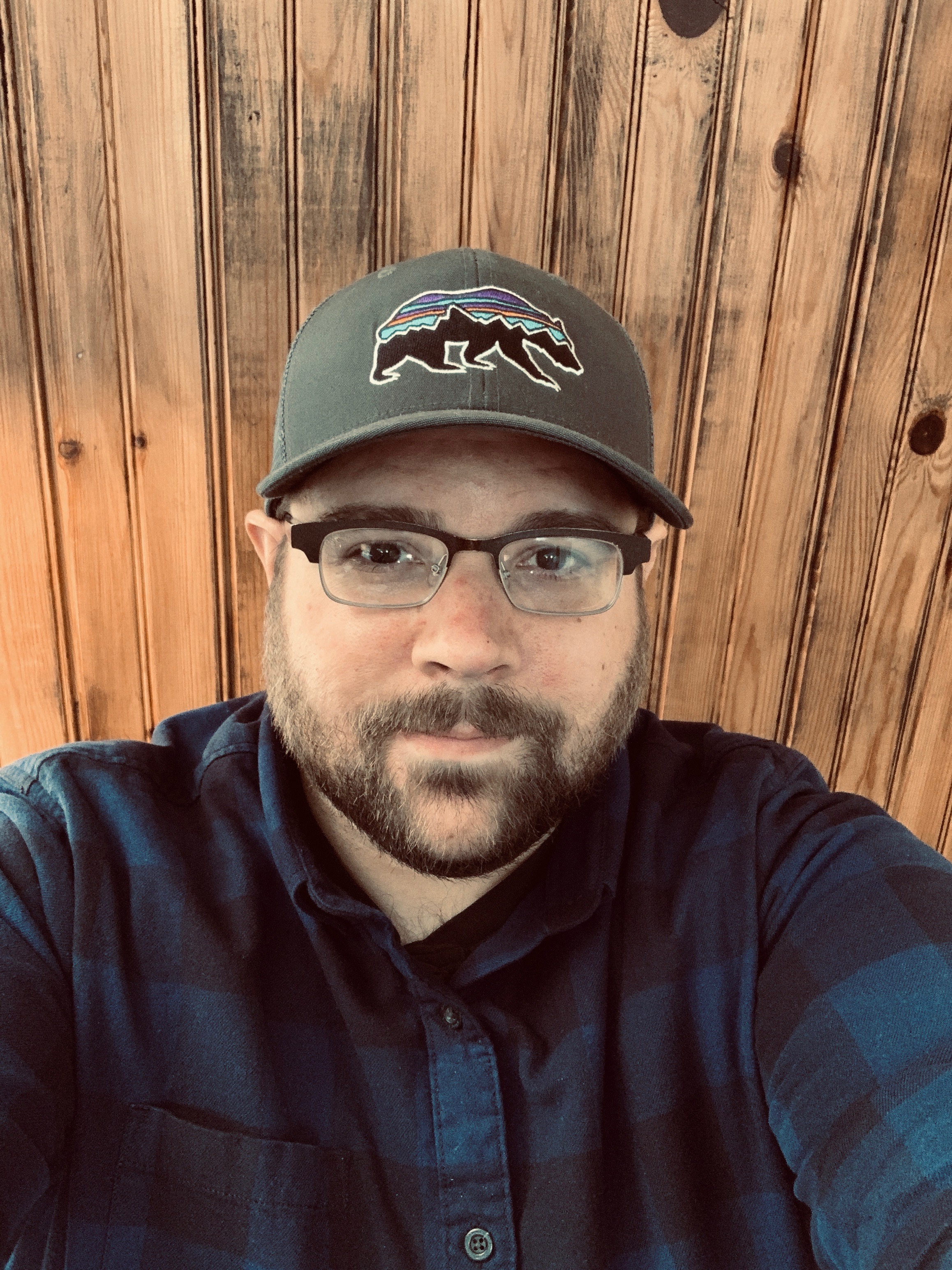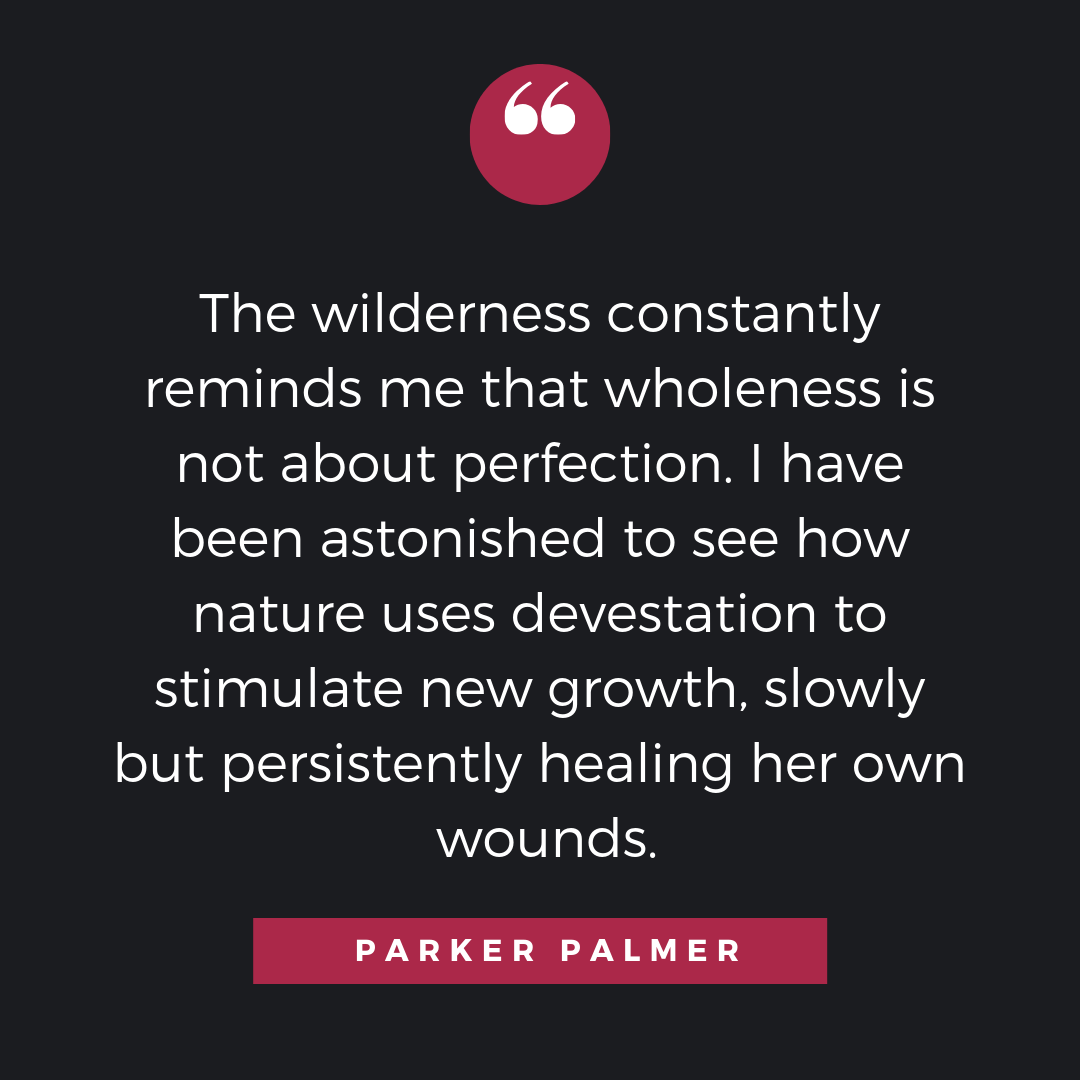Here's my latest Pastoral Letter to the congregation I serve - Markey Church, here in Northern Michigan.
I hope my words here can bring you comfort too, and help you remember who are.
--
Dear Markey Church Friends,
It’s been a whirlwind of a week for all of us, and with directives changing from state and federal authorities around what we should and shouldn’t be doing, it appears that one thing is certain: constant change is here to stay.
In a time like this, that is unlike anything any of us has lived through in our lifetimes, there are a few things I want to share with you, to both encourage you, to give you hope, and let you know that you are not forgotten.
*Listen To Local, State, & Federal Authorities*
The two most reliable sources of information on COVID-19 are the Centers for Disease Control & Prevention (CDC) and the Michigan Department of Health & Human Services. Leaders within both of these organizations provide regular updates on what is going on in our state and country with COVID-19, give clear directives on how we as individuals and as a church should respond to this pandemic, and how we as individuals should be changing our behavior in order to stop the spread of this disease. I would encourage you to rely on these two agencies for the bulk of your COVID-19 news and updates.
*Crisis, Character, & Christian Identity*
With each passing day we know of more confirmed cases of COVID-19 in our country, and in the state of Michigan. I’m writing this as of Wednesday, March 18, at 4pm, and there are currently no confirmed cases of COVID-19 in Roscommon or Crawford Counties. Given that testing has been lagging behind in most of the country, my assumption is that this will not remain our reality for much longer. We are indeed in a public health crisis, which will require a community response in order to solve it. It's in times like these that our true character has a way of showing itself. My friends, as your pastor, I want to remind you of who you are.
You are God’s Beloved. You are the adopted daughters and sons of the Creator of all things. You are heirs to his Kingdom. And you belong to your Heavenly Father. This is who you are. Let’s enter into these uncertain days, and perhaps weeks, with the confidence that God goes with us, that God has not forsaken us, and that God’s Spirit can and will guide us, as we continue to turn to God. Let us make this our prayer: “Heavenly Father, fill me with your peace, that I may be a person of peace for such a time as this.”
*What We Hope In*
Our hope is in the God of all things. Our peace - as Philippians 4 reminds us - is found in our connection to Jesus Christ as our Lord. Let us not forget this. Our hope rests in the Kingdom of God, in the presence of God’s Spirit with us, and in the work and person of Jesus Christ. Let us not forget who we are. Let us not forget that we are people of peace. That we are people of hope. That God is with us. And that we have nothing to fear.
“Heavenly Father, fill me with your peace, that I may be a person of peace for such a time as this.”
May God be with you.
May God go with you.
May God’s Spirit guide you.
And may Jesus be ever-present to you.
If you have a need, please reach out.
If we can be praying for you, please let us know.
If you need help with something, please speak up.
We’re in this together Markey Church.
If you are able, please join us this Sunday at 10am for our Home Worship Gathering online.
https://markeychurch.online.church/
I hope to see you all there.
Remember who you are….
Grace & Peace,
Pastor David










